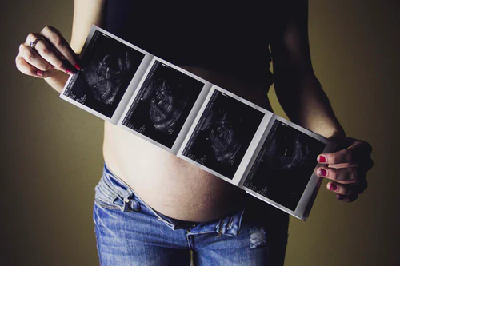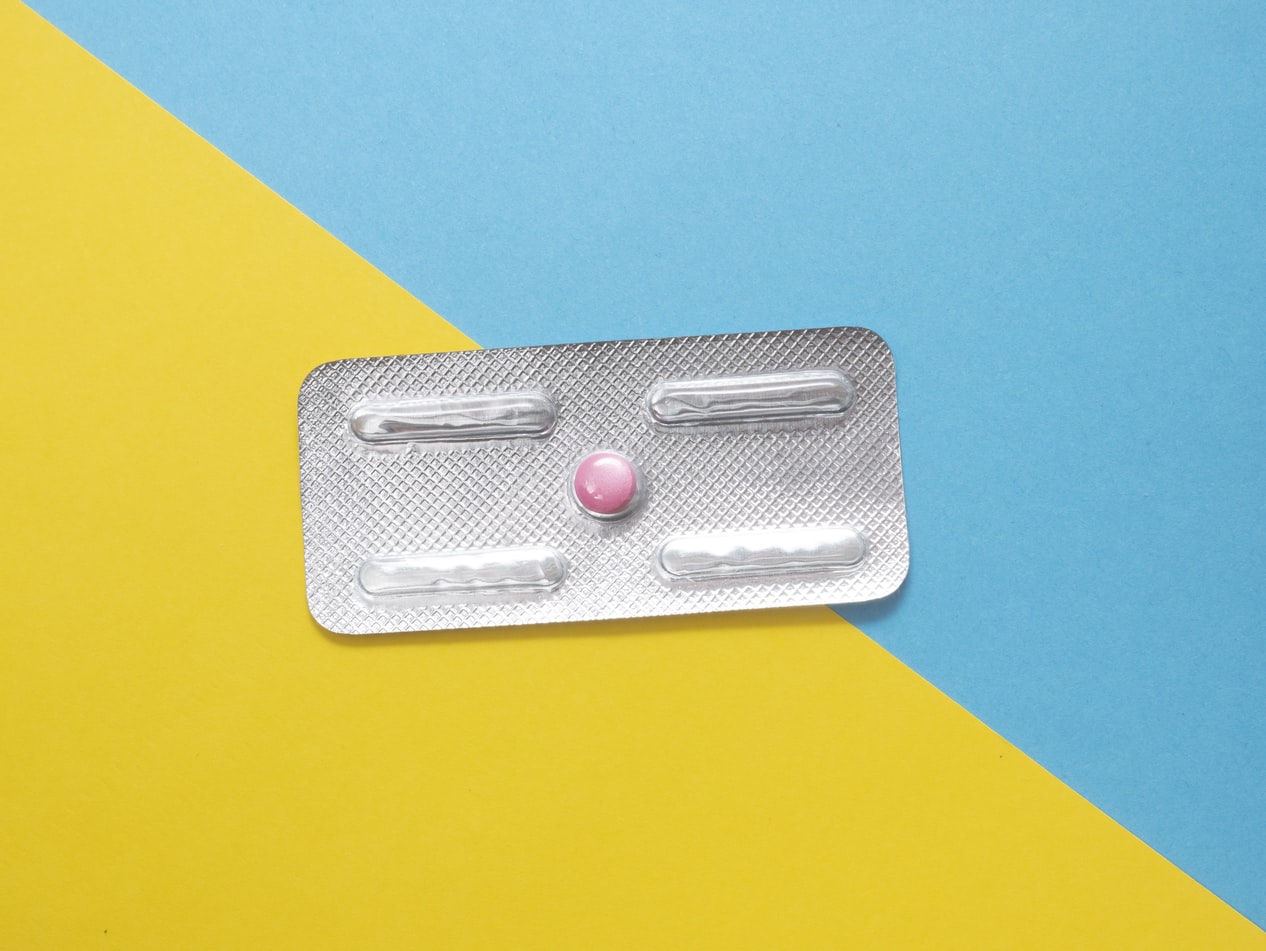What is vitiligo?
Vitiligo is a skin condition characterised by patches of the skin on an individual losing their pigment. The patches of skin which are affected become white and usually have quite sharp margins. Typically both sides of the body are affected and this skin condition does also come with some other symptoms such as the hair from the skin becoming white and even the inside of the mouth and nose may be involved.
What causes vitiligo?
There are so many theories that have been hypothesised throughout time to explain the cause of vitiligo. However, still to this day no-body knows the cause to this skin condition.
Some of the possibilities may include:
- Immunity disorders
- Skin pigment self-destruction
- Skin nerve disorders
Also, all of the above together is also a possibility to what causes vitiligo.
Types of vitiligo
From our research, we understand that there are two different types of vitiligo. These include non-segmental and segmental vitiligo. Both of these types effect different types of your body. To find out more about each type, do some independent research. However, also in rare cases, it is possible for the skin condition to affect your whole body which is known as either complete or universal vitiligo.
Treating vitiligo
There are many vitiligo treatments, however, there are also ways to improve your skins appearance. These include:
- Protecting yourself from the sun.
- Avoiding sunbeds.
- Ensuring your body has enough vitamin D.
- Skin camouflage: this involves applying coloured creams to the white patches which are affected by vitiligo. These creams are specially made for individuals with the skin condition and may help to blend them, allowing them to be less noticeable.
Cosmetic procedures to treat vitiligo
If you are looking for a vitiligo treatment, we would suggest one of the following procedures:
- The ExSys Excimer laser.
- Topical corticosteroids.
- Transfer of a non-cultured melanocyte suspension.





 There are many benefits that you will enjoy after you decide to make use of
There are many benefits that you will enjoy after you decide to make use of